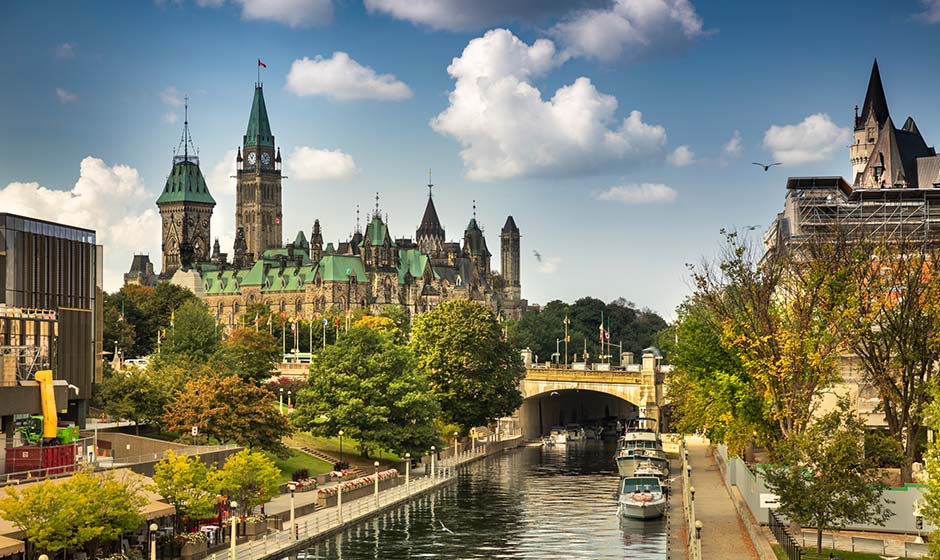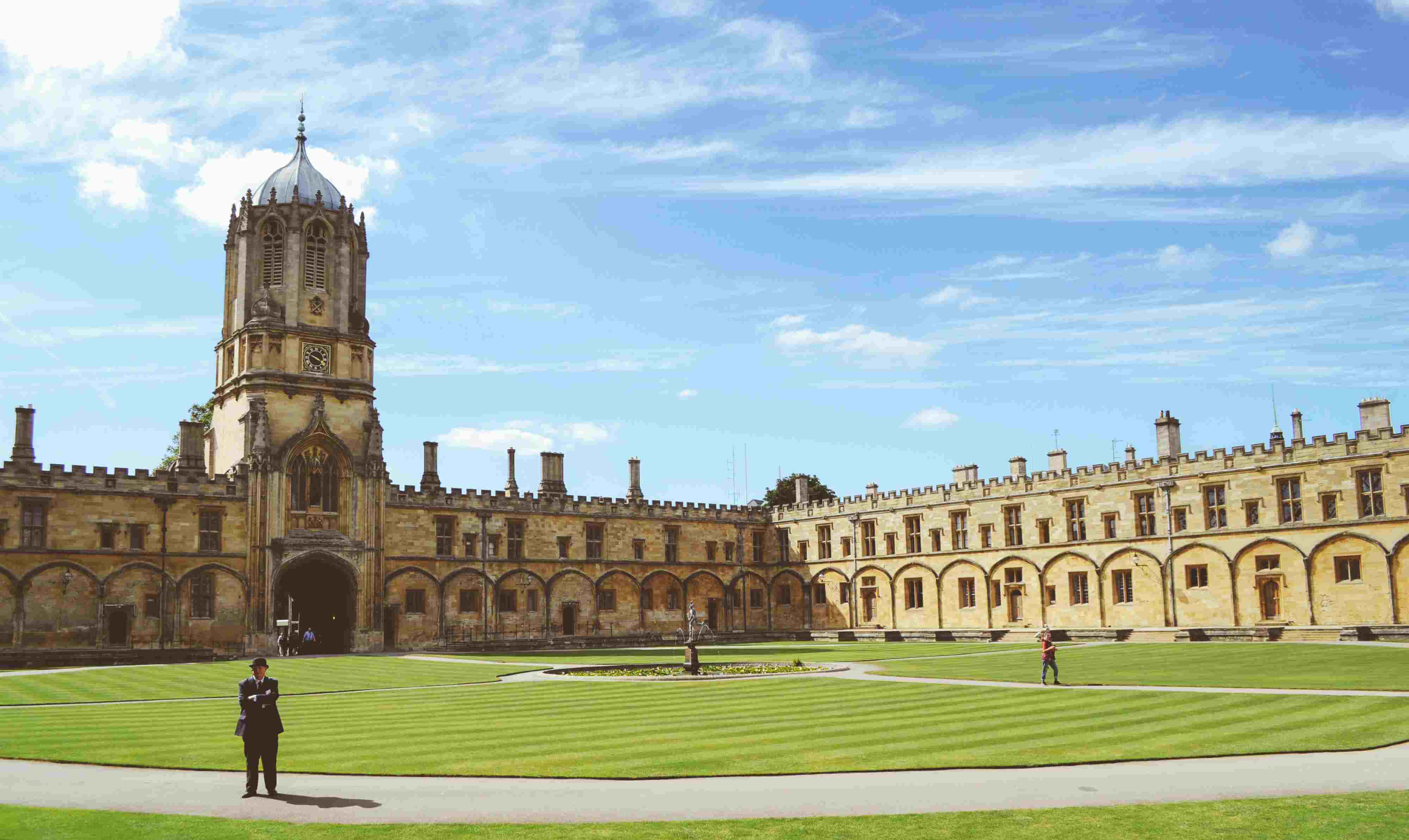Study in Canada: A Guide for International Students
- Study Abroad in Canada

Considering that it’s the second largest country in the world by land area, there’s plenty to explore in Canada. Bordered by the United States to the south, the Pacific Ocean on the west, the Atlantic Ocean to the east, and the Arctic Ocean to the north, Canada has a unique location that offers some stunning views, extreme weather, and unlimited things to discover. These are just a few of the reasons that students love studying abroad in Canada!
Although a large country, a lot of Canada is dominated by forest and tundra which has led to a highly urbanized population. Nearly half of Canada’s 35 million residents live in the three largest cities, Toronto, Montreal and Vancouver, which have become the most popular study abroad destinations in Canada. But, whether you prefer the fast-paced city life, or the more laid-back vibe of smaller towns close to nature, there’s plenty of Canadian study destinations to choose from!
No matter where you choose to study, you’ll love immersing into Canadian life. Despite the rugged environment, Canada is a highly developed country that ranks well on economic and human development indexes. Not surprising, Canada has been ranked the best place to study abroad for two consecutive years.
Plus, Canada is a reasonably tolerant and accepting society, which means that international students will feel welcomed regardless of their social background. Don’t believe us? See for yourself! Read through our Study Abroad in Canada Guide and begin looking for a program that fits you best today!
Canada - Quick facts & figures
| Capital | Ottawa |
| Language | English, French |
| Population | 35 million |
| Area Size | 9,984,670 km² |
| International students | 200,000 |
| Academic Year | September - June |
| Currency | Canadian Dollar (CAD) |
| Calling Code | +1 |
| Time zone | Several (UTC -2.5 to 8) |

Find out more about what it's like to study in Montreal, one of the largest and most diverse cities in Canada:
More about studying abroad in Canada
The Canadian education system prides itself on being a world-leader in research while still remaining accessible and diverse. Compared to other higher education systems, Canadian degree programs may seem more flexible as well. No matter what degree you pursue, students are given some choice when it comes to picking classes. Therefore, Canadian students have more control over their workload and what subjects they will study, depending on the discipline.
Furthermore, students can choose from over 200 institutions of higher education at which to pursue a bachelor’s, master’s, or doctorate degree. On average, a bachelor’s degree will take four years, while a master’s can be completed in one to two years. The length it takes to complete a doctorate degree varies widely, but on average, it can take anywhere from four to six years. It’s also important to note that all students, both Canadian and international, are responsible for paying tuition fees.
If that sounds at all interesting to you, join the over one million students for an adventure of a lifetime in Canada!
Education System
Want to learn about how the higher education system works in Canada? Canada is a popular destination for a variety of students, given its diverse programs, free education and its culture and history. Take a minute to find out more about the structure of the education system in Canada!
Student Visas
Do you need a visa to enter Canada to study? Learn more about the student visa process, and what you need to enter the country, depending on your citizen status. You will also be required to bring certain documents with you to passport control at the airport, which we cover as well.
Housing & Living Costs
No matter where you study abroad, it’s important to create a budget in advance so that you’re prepared. Therefore, we’ve detailed average living and housing costs so that you can get a better idea of what you would be paying as a student in Canada.
Tuition Fees & Scholarships
Tuition fees for degree programs in Canada may vary. Both international and domestic students are expected to pay tuition fees in Canada. To cover the rest of the costs, there’s plenty of scholarship opportunities available.
Language & Culture
Canada is a country rich in history and culture. Find out more about what the country offers in terms of language, culture, and more!
Meet the English Requirements
Make sure you're ready to start studying abroad in Canada. Canadian schools will normally want to see evidence of your English-language abilities. The TOEFL iBT® test is accepted by all Canadian schools and is even the preferred test for more than 80% of graduate programs. Find out more about the TOEFL iBT test and how it can help you.
Application Process
All countries have specific admissions requirements for students to gain acceptance into a university. Learn more about the ins and outs of admission to programs in Canada, and what you need to apply, depending on your citizenship.
Programs
Ready to look at education in Canada? Use our search engine to find and compare top programs in Canada today!

Author
The Keystone Team is comprised of experienced educators and advisors dedicated to providing valuable resources and advice to students all over the world.
Read related articles

Where Can TOEFL iBT Scores Take You?

10 Reasons to Be a Camp Counselor in the US or Canada
